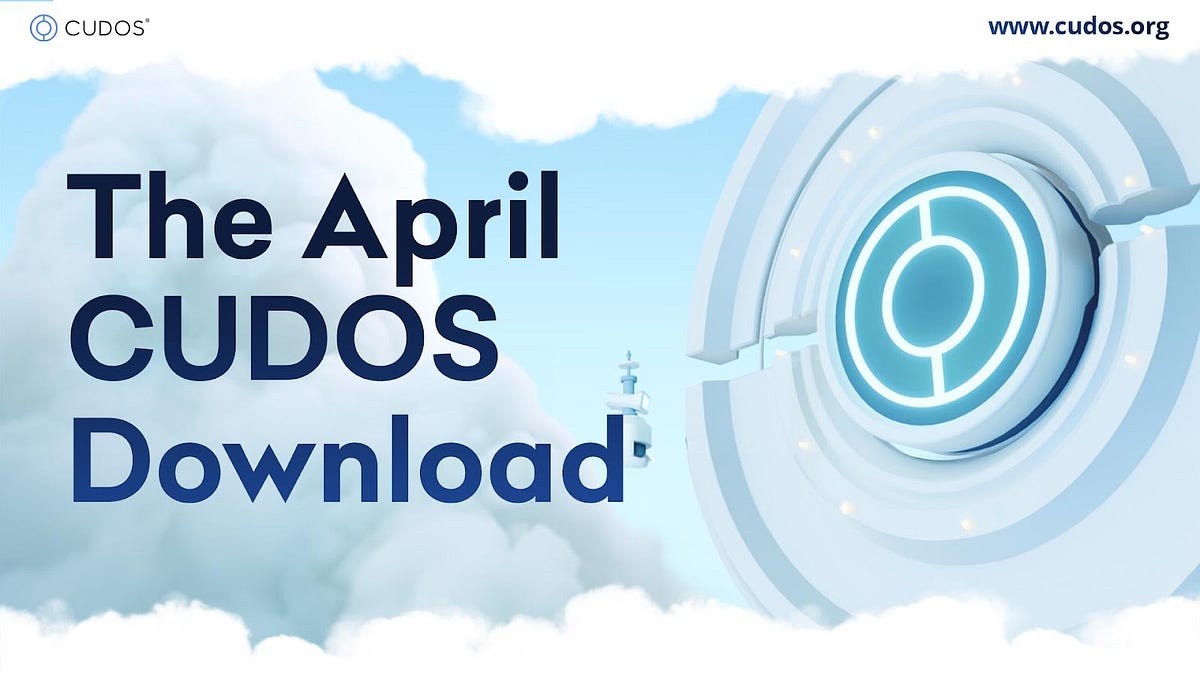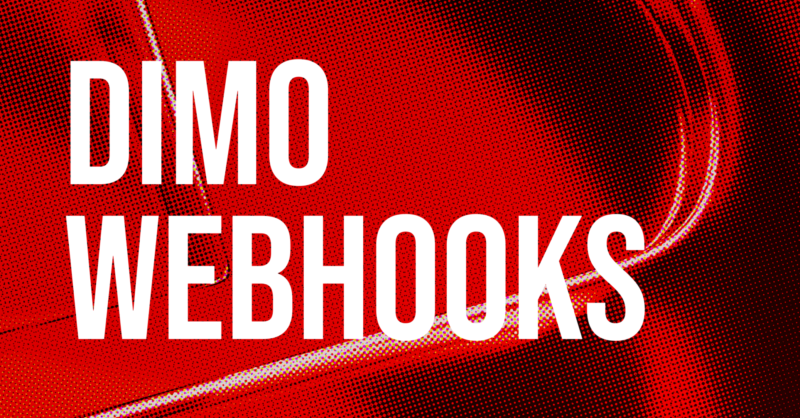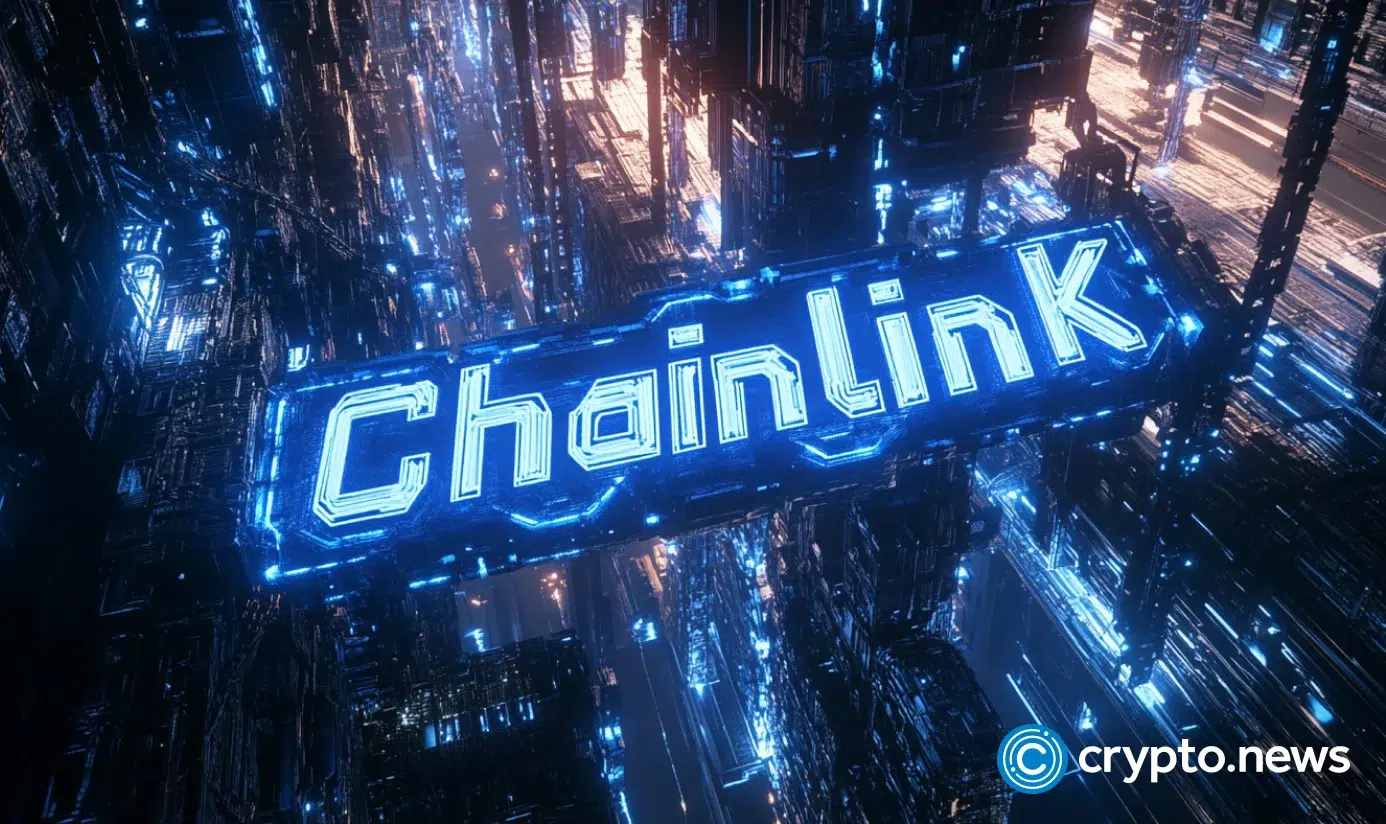DePin: The Decentralized Gaming Infrastructure by Alliance Games
Wednesday, July 31, 2024 3:44 PM
427

Alliance Games, a gaming industry innovator, has introduced DePin, a decentralized Web3 gaming infrastructure platform. DePin, a chain-agnostic solution, aims to balance user experience, gameplay, and decentralization in blockchain gaming. The platform offers decentralized public cloud hosting, auto payment systems, security, and decentralized data storage. Alliance Games, founded by Simon and Dennis, developers of Chain of Alliance, is backed by major gaming and crypto brands. DePin’s modular design supports session-based logic for both Web2 and Web3 games, providing SDKs for diverse development needs.
Related News

a day ago
Decentralizing Telecom Infrastructure: A Win-Win for Small Businesses and Telecom GiantsIn a recent interview at Consensus 2025 in Toronto, Frank Mong, the COO of Nova Labs, emphasized the financial benefits of decentralizing telecommunication infrastructure for both small businesses and large telecom corporations. He highlighted that local operators, such as bars and restaurants, can generate revenue by hosting wireless hotspots, thereby expanding network coverage. This decentralized approach allows significant cost savings for telecom giants, who can utilize the Helium Network's telemetry to enhance their services in areas that typically lack coverage, known as dead zones.
Mong pointed out the high costs associated with traditional telecom infrastructure, noting that establishing a single 5G tower can cost around $300,000. Instead of burdening consumers with expensive phone plans, he proposed a model where individuals with Wi-Fi networks can share their connections securely, providing valuable data to major companies like AT&T. This innovative use of decentralized physical infrastructure networks exemplifies how blockchain technology can enhance resilience against outages and disruptions while delivering real-world value.
In addition to these insights, Nova Labs has been actively forming partnerships with telecom companies to improve network coverage. Notably, in January 2024, they collaborated with Telefónica in Latin America, and more recently, in April 2025, they partnered with AT&T to facilitate automatic access for users within the Helium Network's coverage area. With over 95,000 mobile hotspots in the U.S. and more than 284,000 active IoT hotspots globally, Mong believes that the success seen in the U.S. and Mexico should be replicated worldwide as Nova Labs continues to expand its reach through strategic partnerships.

2 days ago
CUDOS Intercloud April Update: Record Growth and New InitiativesIn April, CUDOS Intercloud celebrated significant milestones and shared impressive metrics in its monthly update. The platform reported a record revenue of $204,505, alongside a remarkable 27% increase in GPU consumption, totaling over 300,000 hours. This growth reflects the rising demand for decentralized computing solutions, with more than 2 million GPU compute hours surpassed. CUDOS emphasized its commitment to transparency by providing real-time metrics on GPU capacity, VM deployment, user growth, and ecosystem spending, showcasing a clear distinction in cloud service delivery.
A notable highlight was the six-month anniversary of CUDOS's partnership with the Artificial Superintelligence Alliance (ASI). During this period, CUDOS has served over 15 million GPU hours and welcomed more than 30,000 users. The collaboration aims to build a decentralized compute layer that supports AI development without centralized bottlenecks. Additionally, CUDOS introduced "One Click Computing," allowing users to deploy AI stacks effortlessly, eliminating the complexities traditionally associated with AI deployment.
CUDOS also participated in the Ai2Peace initiative, focusing on using AI for global good. The platform's community rewards program concluded at the end of April, encouraging user engagement through referrals and feedback. Furthermore, CUDOS was represented at Paris Blockchain Week, where discussions highlighted the importance of permissionless compute access and the potential for blockchain to enhance AI's energy efficiency. As CUDOS continues to innovate and expand its offerings, it aims to foster a more sustainable and accessible computing environment for all users.

3 days ago
DIMO Network Launches Vehicle Events API for Real-Time NotificationsDIMO Network has officially launched its Vehicle Events API, a significant enhancement aimed at developers eager to create more responsive applications. This new API allows developers to set up webhooks, enabling real-time notifications based on specific vehicle conditions, such as odometer readings or speed limits. By minimizing the need for frequent API requests, this event-driven architecture opens up new possibilities for building intelligent, automated solutions within the DIMO ecosystem.
The Vehicle Events API simplifies the process of creating and managing webhooks through a straightforward JSON-based configuration. Developers can define the service, data points to monitor, trigger conditions, and notification frequency. Subscribing vehicles to these events is made easy with a single request to the Subscribe All endpoint. Additionally, the DIMO Developer Console has been updated to provide a user-friendly interface for configuring webhooks, making it accessible for both developers and managers.
With support for real-time alerts and plans for daily notifications, the Vehicle Events API is set to revolutionize how developers interact with DIMO vehicles. Updates to the Data SDKs in TypeScript, Python, and C# will further enhance the experience, allowing for more programmatic subscription methods. As DIMO encourages developers to explore the API, they anticipate innovative applications that leverage these new capabilities, marking a transformative step in the automotive tech landscape. More detailed insights into the Vehicle Events API will be shared soon on the DIMO Blog and through their monthly newsletter.

3 days ago
DeCloud Labs Proposes Final Migration from StackOS to StackAIDeCloud Labs has announced a significant shift in its focus from StackOS to StackAI, marking the end of support for the former and the beginning of a new chapter aimed at enhancing AI agents. After extensive discussions within the community, the company has decided to permanently close the migration process from StackOS to the new STKAI token on Solana. This decision comes in light of ongoing security concerns related to cross-chain bridges, particularly following the PolyNetwork hack, which prompted a reevaluation of their operational strategies. The migration period has provided StackOS token holders ample opportunity to convert their tokens, but the time has come to finalize this transition.
The proposal outlines the closure of bridge-based migrations and the establishment of a fixed supply of STKAI tokens, which aims to eliminate confusion surrounding token mintability. As of May 30, 2025, any unconverted STACKAI tokens will be airdropped as STKAI on Solana for those who opened support tickets prior to this date. However, any unclaimed tokens will be considered burned, thereby permanently removing them from circulation. This final step is intended to secure the integrity of the token supply and enhance clarity for both new and existing investors regarding the tokenomics of STKAI.
In conclusion, the DAO proposal emphasizes the importance of community engagement, allowing token holders to choose between remaining with StackOS or transitioning fully to StackAI. DeCloud Labs is committed to the development of StackAI moving forward, while also offering support to those interested in continuing the StackOS project. The final voting will take place across three instances to ensure all community members have the opportunity to participate, with the results communicated transparently to the community. This strategic move not only secures the future of STKAI but also addresses the pressing security risks associated with bridge infrastructures.

3 days ago
Alpha Liquid Fund Invests in $XNET Token Ecosystem to Transform Mobile ConnectivityAlpha Liquid Fund has announced a significant investment in the $XNET token ecosystem, reinforcing its commitment to innovative projects in the decentralized wireless (DeWi) sector. The XNET Foundation is at the forefront of transforming mobile connectivity by addressing the limitations of traditional network infrastructure. By utilizing blockchain technology on the Solana network, Citizens Broadband Radio Service (CBRS) spectrum, and Wi-Fi 6+, XNET empowers local builders to deploy LTE/5G or carrier-grade Wi-Fi in underserved areas. This community-driven approach not only reduces costs but also enhances scalability, offering resilient connectivity solutions that challenge conventional Mobile Network Operator (MNO) models.
Recently, XNET Mobile was recognized as an International Data Corporation (IDC) Innovator in DePIN for 2025. In April, the project achieved a notable milestone with a 16% increase in average daily data offload, showcasing its ongoing momentum. Wes Levitt, the Chief Investment Officer of Alpha Liquid Fund, emphasized the tangible impact of XNET, highlighting the consistent growth in data offload and the strong community support that fuels the network's progress.
Alpha Liquid Fund specializes in liquid digital assets, maintaining a 90-day liquidity threshold. The fund employs a rigorous fundamental research approach, investing in digital assets both on the open market and through OTC deals directly from crypto projects. By utilizing institutional hedging tools and diversifying across sectors and market caps, Alpha Liquid Fund aims to deliver strong returns with reduced volatility and risk compared to direct digital asset holdings. Meanwhile, the XNET Foundation continues to drive innovation in decentralized wireless networks, striving to create scalable and cost-effective mobile connectivity solutions globally.

4 days ago
The Graph Integrates Chainlink's Interoperability Standard for Cross-Chain GRT TransfersThe Graph, a prominent indexing and query protocol, has recently integrated Chainlink’s interoperability standard, marking a significant advancement in the cross-chain transfer capabilities of its native token, GRT. This integration allows users to bridge GRT across multiple blockchains, including Solana, Arbitrum, and Base. The Graph team emphasized that this adoption is a crucial step towards enhancing the accessibility and utility of GRT, particularly highlighting the potential benefits for the Solana ecosystem and the broader blockchain landscape.
The integration of Chainlink’s Cross-Chain Interoperability Protocol (CCIP) introduces a range of functionalities, including cross-chain staking, delegation, and query fee payments. This means that developers can now pay for queries on layer 2 chains using GRT, which is expected to streamline operations and enhance user experiences. However, the rollout of these features is contingent upon The Graph successfully launching the necessary bridging infrastructure, which is a critical aspect of this initiative.
Chainlink has been actively expanding its technology across the crypto industry, with CCIP gaining notable traction. Recently, CCIP went live on the Solana mainnet, which is anticipated to significantly boost decentralized finance growth by providing access to over $18 billion worth of assets on the chain. Additionally, Lombard has also integrated CCIP, showcasing the versatility and demand for cross-chain solutions in the blockchain space. Since its launch in 2018, The Graph has been a vital platform for developers to build and deploy decentralized applications across various networks, including Ethereum, Solana, and Arbitrum.
Signup for latest DePIN news and updates